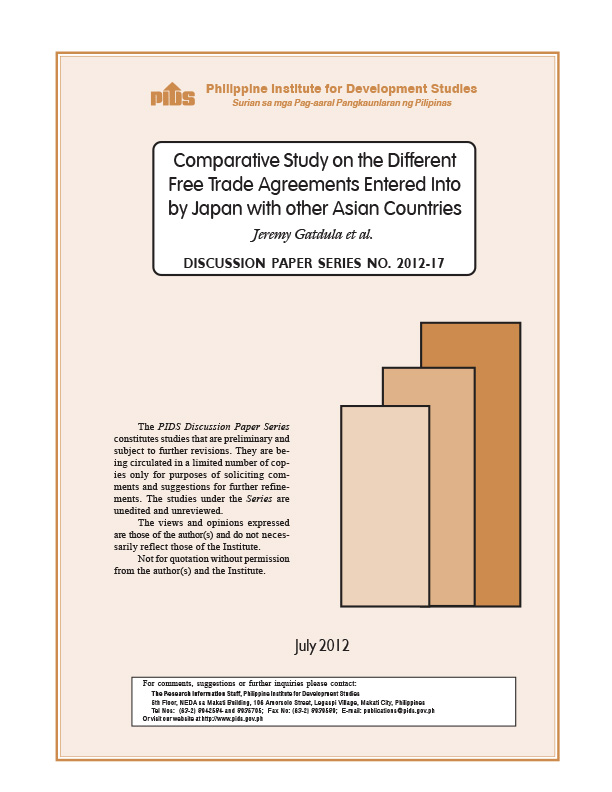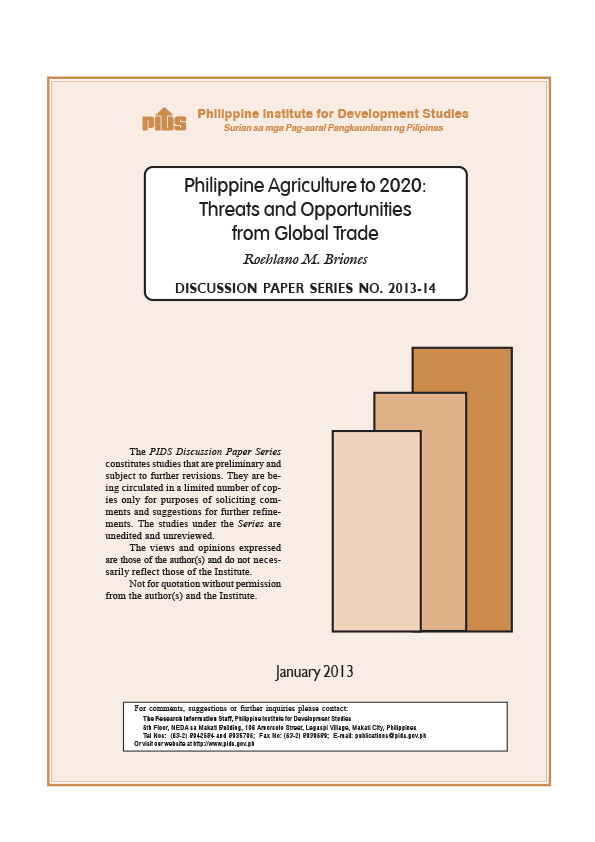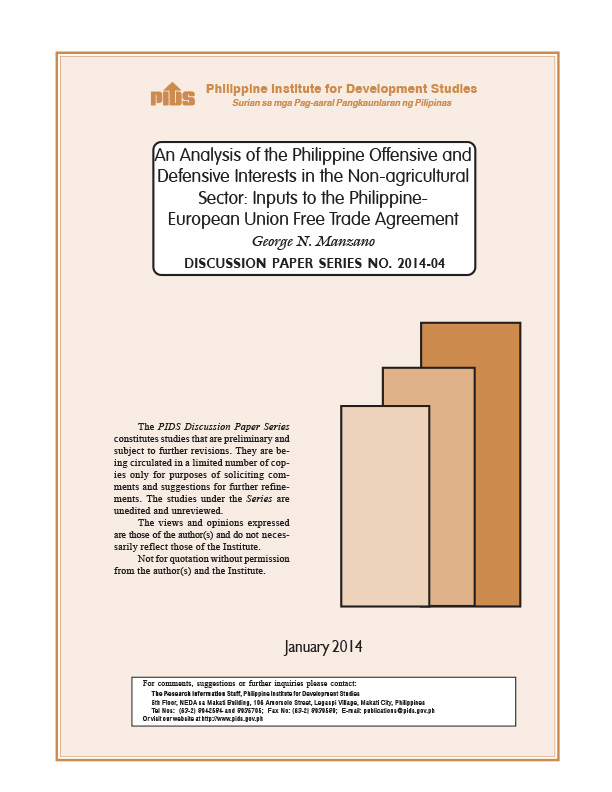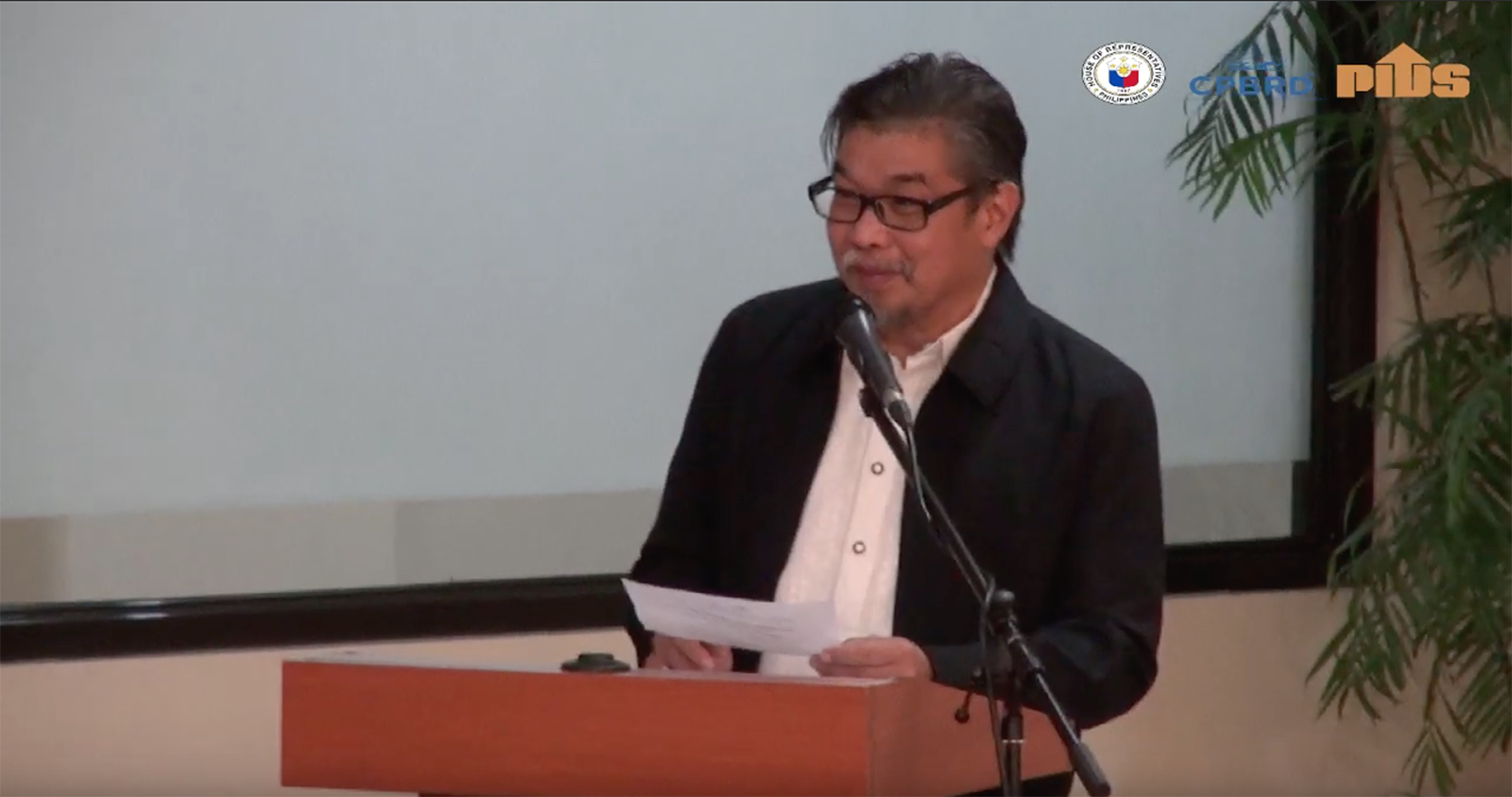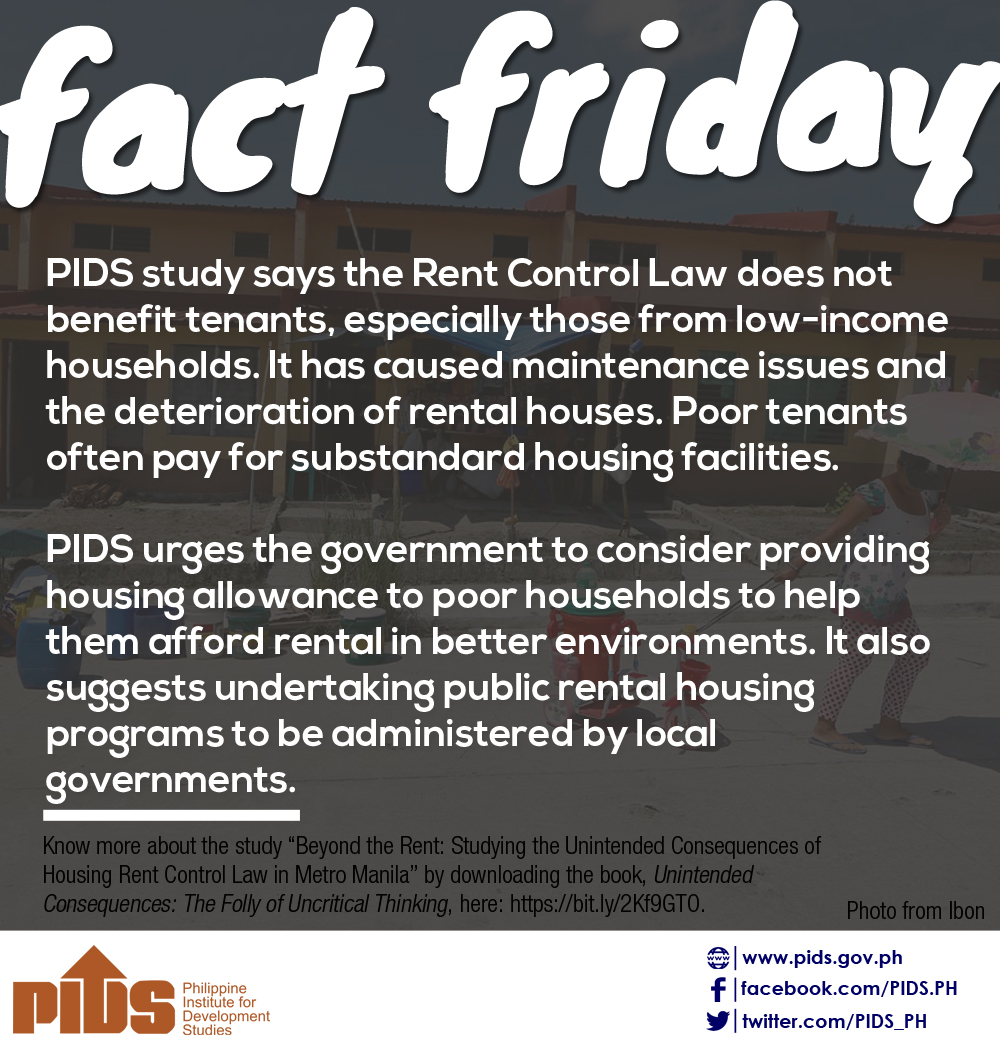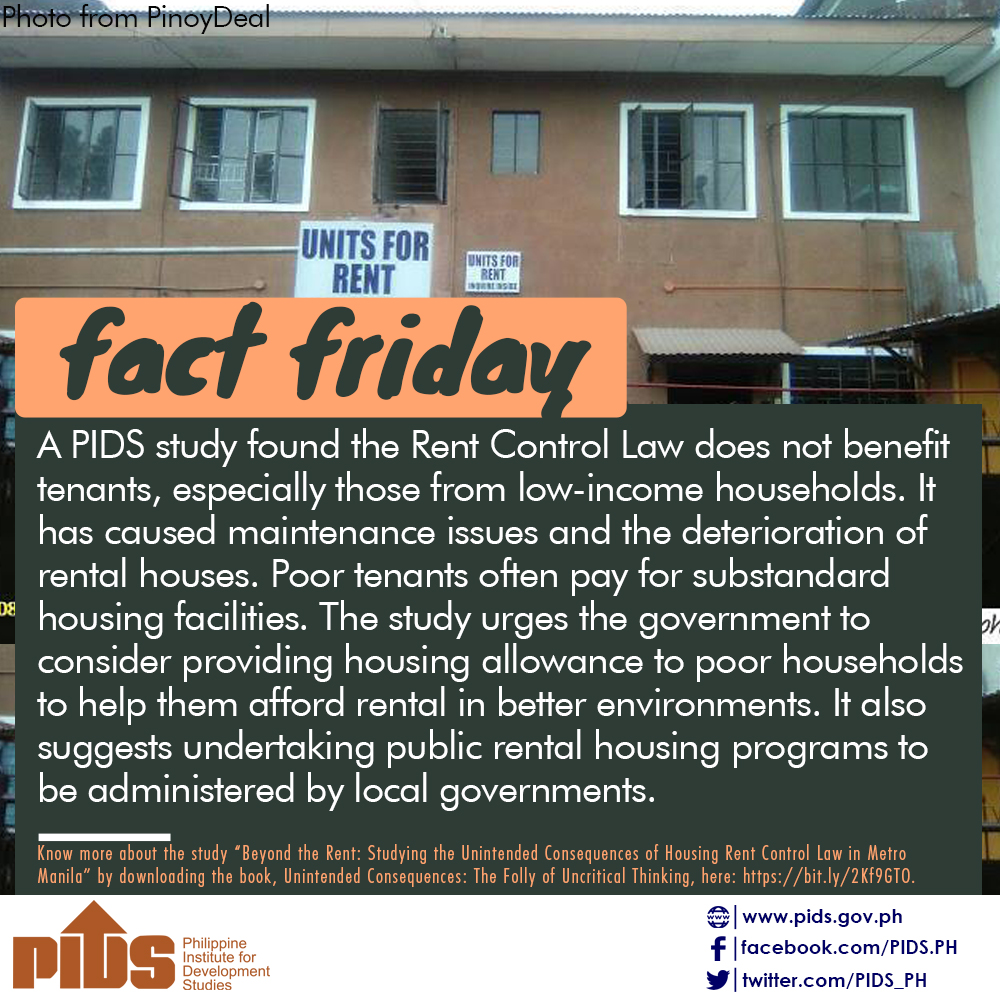WITH the country increasingly bullish about its economic prospects and recording growth rates that are the best in the region, it’s time the country honors its international commitments vis-a-vis its trade policies, particularly tariff commitments with the World Trade Organization (WTO) Agreement partners. The Philippines, at present, is in prime position to implement long-overdue trade policies that will even add a boost to our already growing economy. Given this, the time is ripe for government to invest its political capital and good will into policy reforms, which in the short, medium, and long terms will further benefit the economy. It is time for the country to embrace trade liberalization and allow agricultural products to enter the local market under a tariffied scheme, something it should have done a long time ago. n a 2013 discussion paper entitled "Philippine Agriculture to 2020: Threats and Opportunities from Global Trade” written by UP-trained economist Dr. Roehlano Briones for government think tank Philippine Institute for Development Studies (PIDS), two models of agricultural development were compared. The first was the "protectionist approach” typical of the country’s current "highly conservative” outlook; the second is the "alternative,” which advocates the engagement of Philippine agriculture with the global market, "through trade and specialization on comparative advantage”. The second option, "entails more liberal trade policies (lowering of tariffs and non-tariff barriers) as well as directing expenditure support on a more neutral basis, i.e. greater outlays towards products with lower support, which typically are the export-oriented commodities (i.e. products for which the Philippines has a comparative advantage).”

